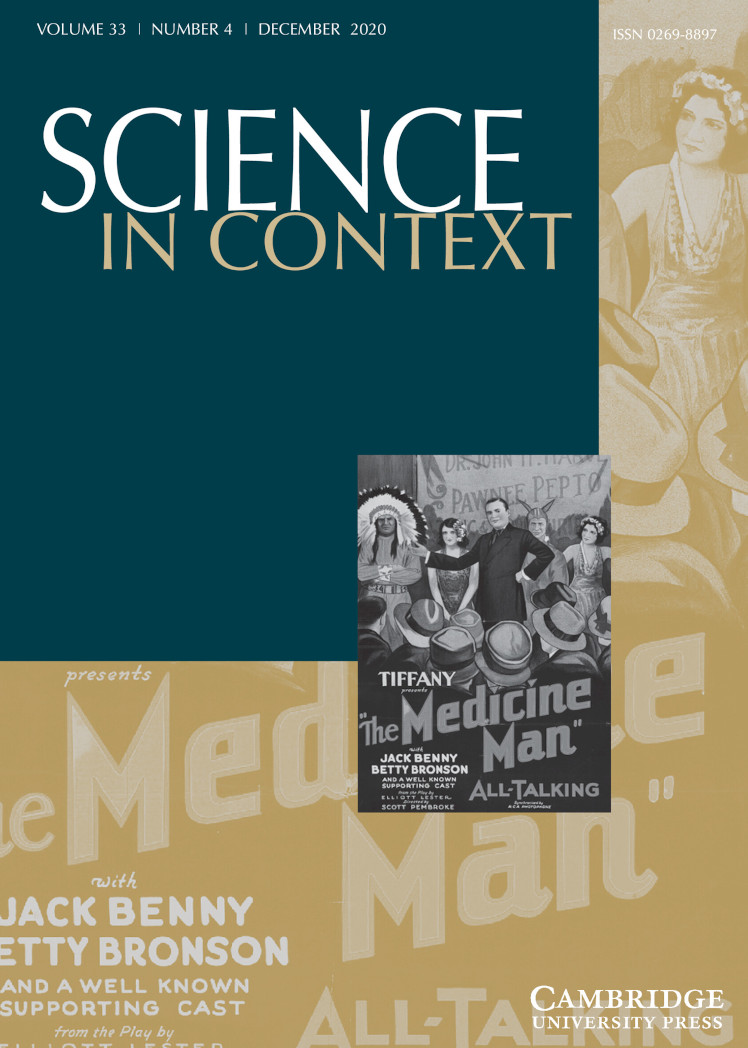Nova publicació
Agustí Nieto-Galan, "Useful charlatans: Giovanni Succi and Stefano Merlatti’s fasting contest in Paris, 1886". Published online by Cambridge University Press: 28 January 2022
ISSN: 0269-8897 (Print), 1474-0664 (Online)
https://www.cambridge.org/core/journals/science-in-context/issue/7724E401D3ADC52669E147A23A031957

Argument:
This paper analyzes the public fasts of two Italian “hunger artists,” Giovanni Succi and Stefano Merlatti, in Paris in 1886, and their ability to forego eating for a long period (thirty and fifty days respectively). Some contemporary witnesses described them as clever frauds, but others considered them to be interesting physiological anomalies. Controversies about their fasts entered academic circles, but they also spread throughout the urban public at different levels. First, Succi and Merlatti steered medical debates among physicians on the “scientific” explanations of the limits of human resistance to inanition, and acted as ideal mediators for doctors’ professional interests. Second, they became useful tools for science popularizers in their attempt to gain authority in drawing the boundaries between “orthodox” and “heterodox” knowledge. Finally, in the 1880s, Succi and Merlatti’s contest, the controversy around the liquids they ingested, and their scientific supervision by medical doctors, all reinforced their own professional status as itinerant fasters in a golden decade for that kind of endeavor. For all those reasons, Succi and Merlatti can be viewed as useful, epistemologically-active charlatans.
Science in Context is an international journal edited at The Cohn Institute for the History and Philosophy of Science and Ideas, Tel Aviv University. It is devoted to the study of the sciences from the points of view of comparative epistemology and historical sociology of scientific knowledge. The journal is committed to an interdisciplinary approach to the study of science and its cultural development - it does not segregate considerations drawn from history, philosophy and sociology. Controversies within scientific knowledge and debates about methodology are presented in their contexts.